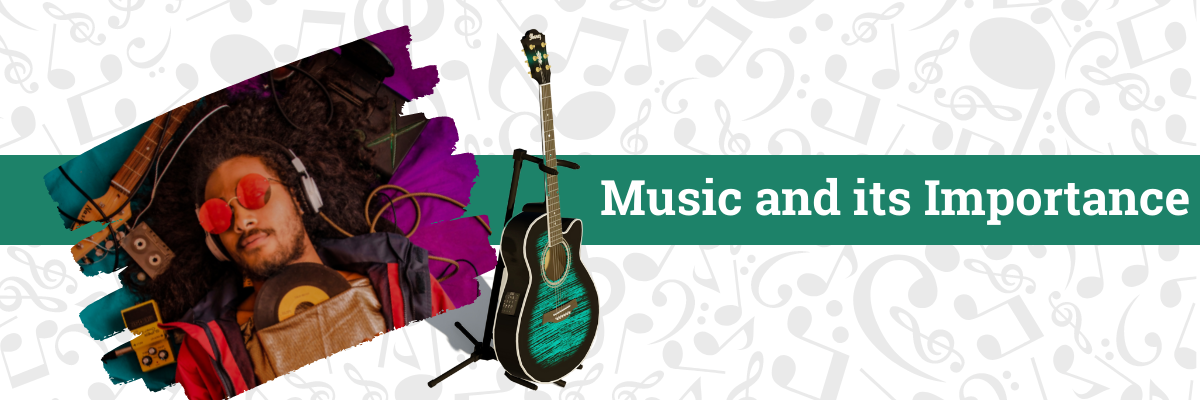
Let the music play on for good.
The piano is a versatile instrument. It’s a rare sight where popular singers prefer the piano as their partner instrument. And if they do, they are very good in their performance. So why is it that there are more musicians preferring the guitar than the piano? The answer is simple, with four chords on a guitar, one can play countless music without being perfect whereas on the piano, being a near perfect pitched instrument, it is very audible to be off pitch with those chords. And it affects the overall stage craft.
In fact, every instrument is easy to learn in the initial stages but the challenge begins as one progress. It is an understated statement that guitar is an easy instrument to pick up, it’s a difficult instrument to master. The difference with piano is the challenges begins in the initial stages. Imagine using your hands, feet, eyes, ears and a high level of focus to a task, that’s what happens when a pianist perform.
There was a study performed to show what happens to a listener when they listen to music, there is more activities in the brain, where information is processed in various sectors of the brain. When a musician plays, especially the pianist, it’s like fireworks. The same study reveals that an hour of listening is equivalent to doing yoga for the brain for the same and thirty minutes of playing instruments, is equivalent to intensive workout. Does that make musicians intelligent? No, not necessarily. They have better memory power and capacity to digest abstract information than most people.
Now, back to the pianist, what happens to their brains when they play. Like mentioned before, the neuro imagery of their brain is like the night of Diwali, fireworks. They use their eyes to visualize the sounds, their ears to identify if it was played correctly, the fingers to actually strike those notes and the feet to add embellishes to music where require through pedals. All the while, keeping in mind how and where to articulate with the necessary dynamics marks to make an effective, if not a “moving” performance.
Most pianist play by memory but they keep their score in front as they refer to it as they play. It is easier to play by memory but our minds are such fickle organs also, that it can be overwhelmed with information, it is safer to play with a score in front of us to process the music more carefully. Even musicians know the limits and potential of their brain.
This is fact that even our ancestors understood. The popularity of religious music in different countries, cultures and times is not only to anchor ourselves spiritually but to also exercise our minds with positive affirmations to ourselves through music. When we listen to spiritual/or religious music in the mornings, our brain is going through stretching exercises with positive affirmations to ourselves. And some listen to music throughout the day, this is a reinforcement exercise to our minds. This is also another reason why it is easier to teach children through rhymes and children songs. There is countless research of how music impacts the brain development of babies in the wombs through their infancy. The reason is same as what happens to a musician, when a baby listens to music, it is trying to process information through auditory senses. It’s the same fireworks.
Now why is that music education not given enough importance in our society and education system. It all depends on added value. In business, there are tangible assets and intangible assets. The tangible assets are those assets that can be touch and easily be valued, like land labour or capital, however, intangible assets are like goodwill, brand name etc. The main stream disciplines of our education system is science, math, social sciences and languages (English or anything that can be used for primary communication). The value added by these main stream subjects to our children are tangible, thus it’s called tangible intelligence where their application could be observing and used directly in their lives, be it the calculations while shopping or basic knowledge of chemistry used in kitchen. However, music, arts and sports add intangible value in terms of holistic physical and development of children. Does taking music lessons will give children instant value to their lives, not necessarily but it definitely enriches their lives with more sensitivity, compassion, kindness and empathy towards one another. In general, most wont understands these abstract emotions as either they have never been shown the same or understood the same. However, with the world filling up with countless negative news, inhumane conditions and rise of mental health related issues, be it depression, anxiety, turning to positive vibrations and thoughts is not a bad idea at the moment. Music has always had the power to unify people. Let’s teach our children how to harness this strength and empower them to be better human beings than we could ever be.
So like the title mentions, let the music play on. The world needs all the love it can get.